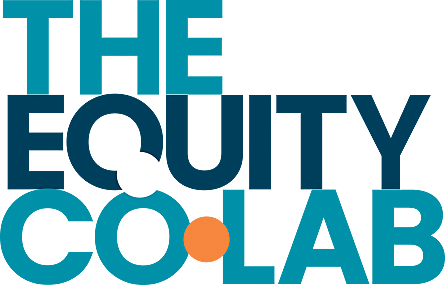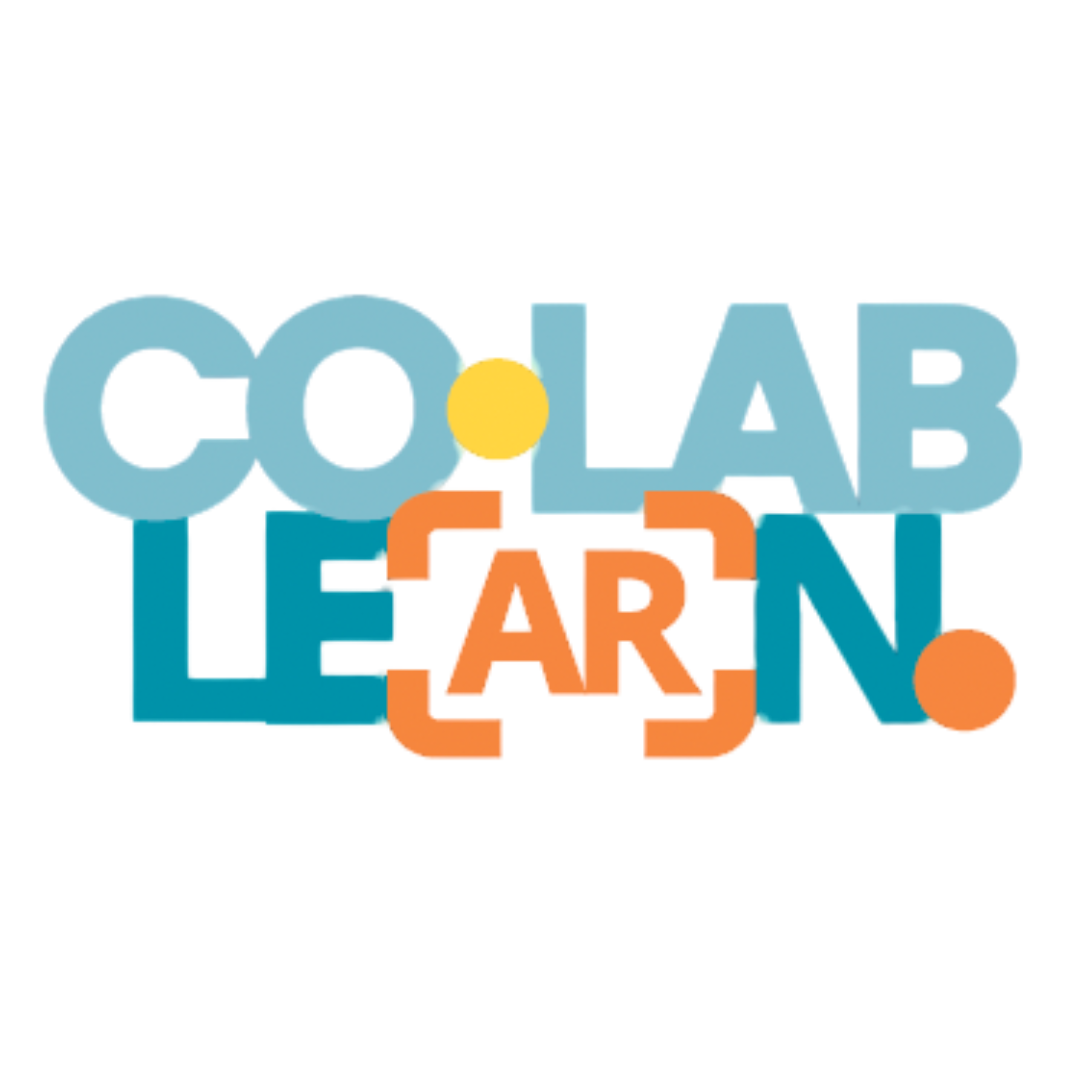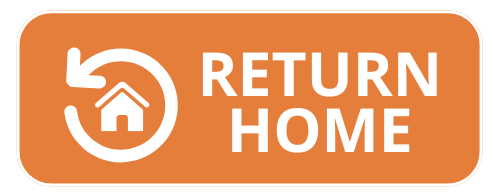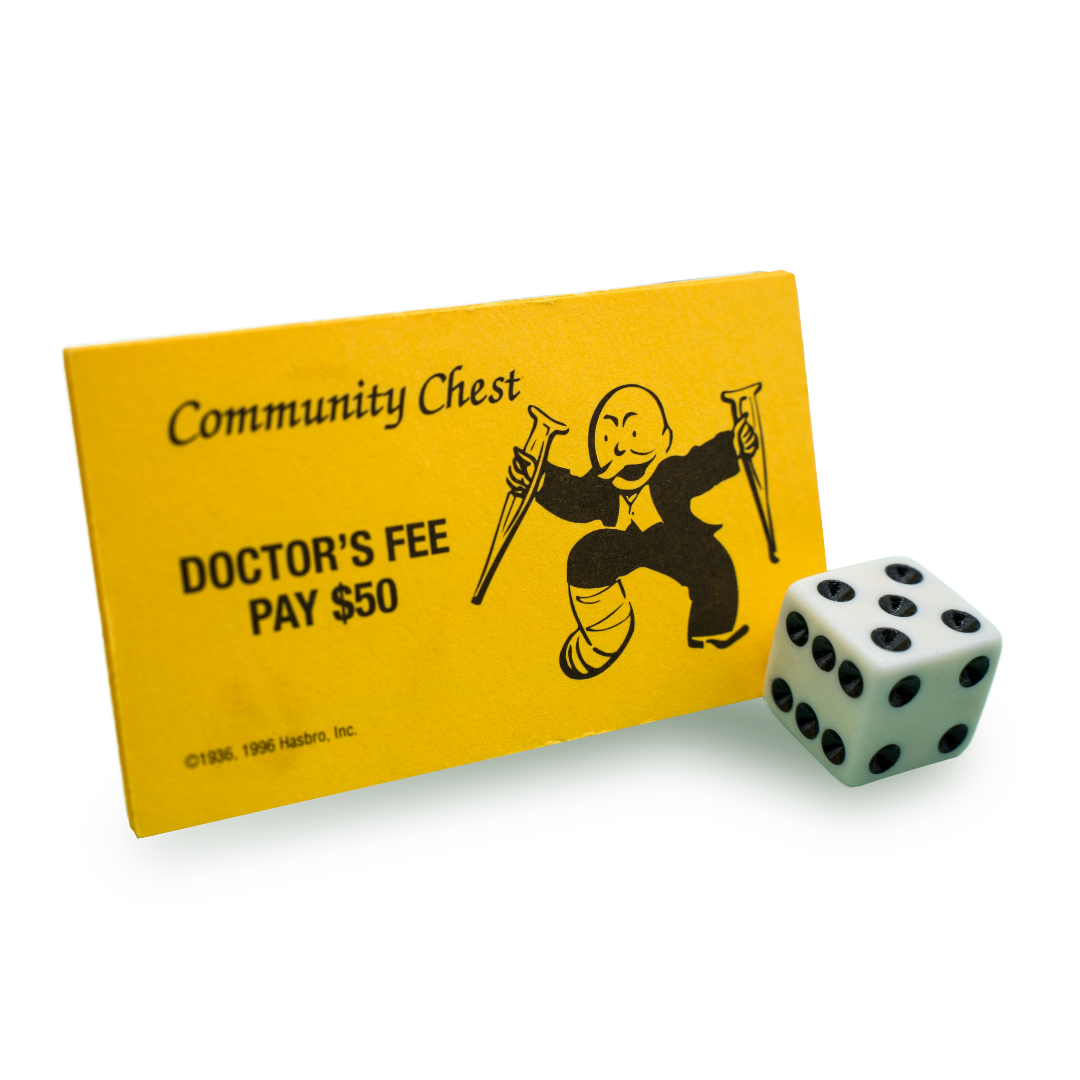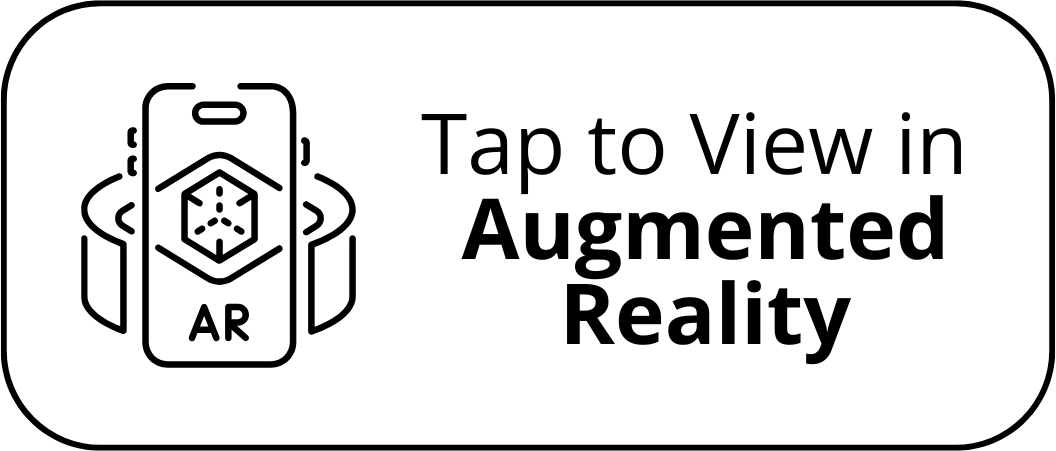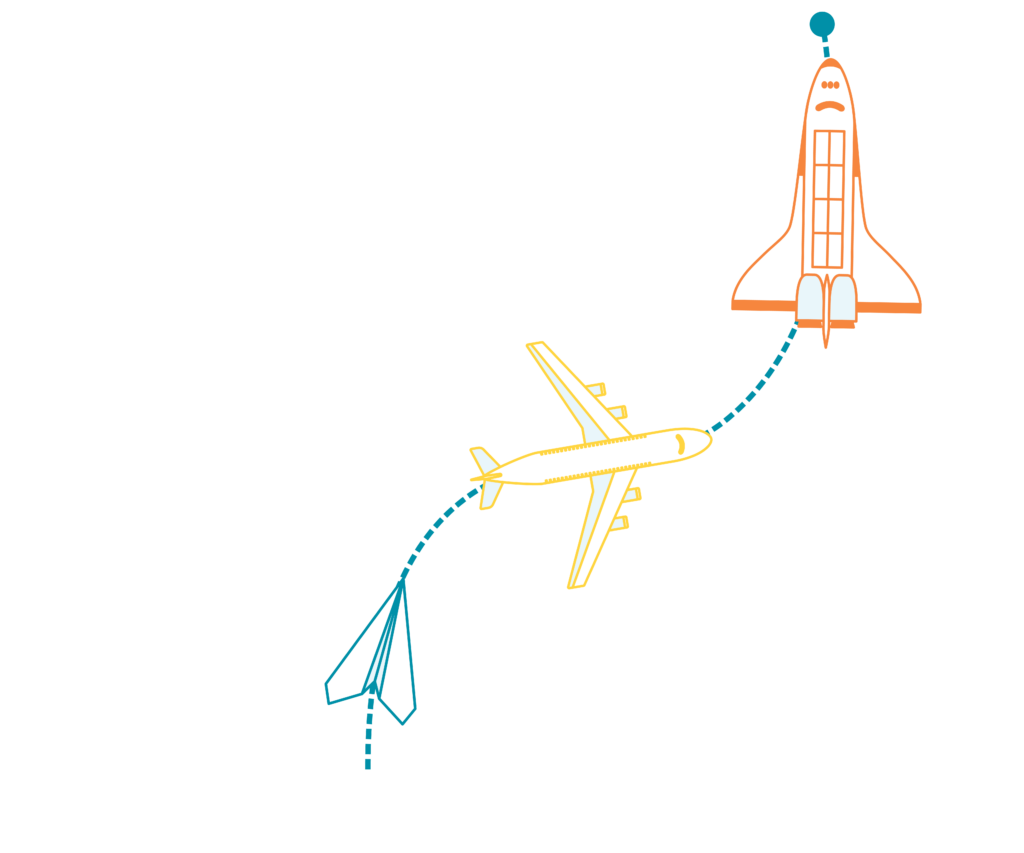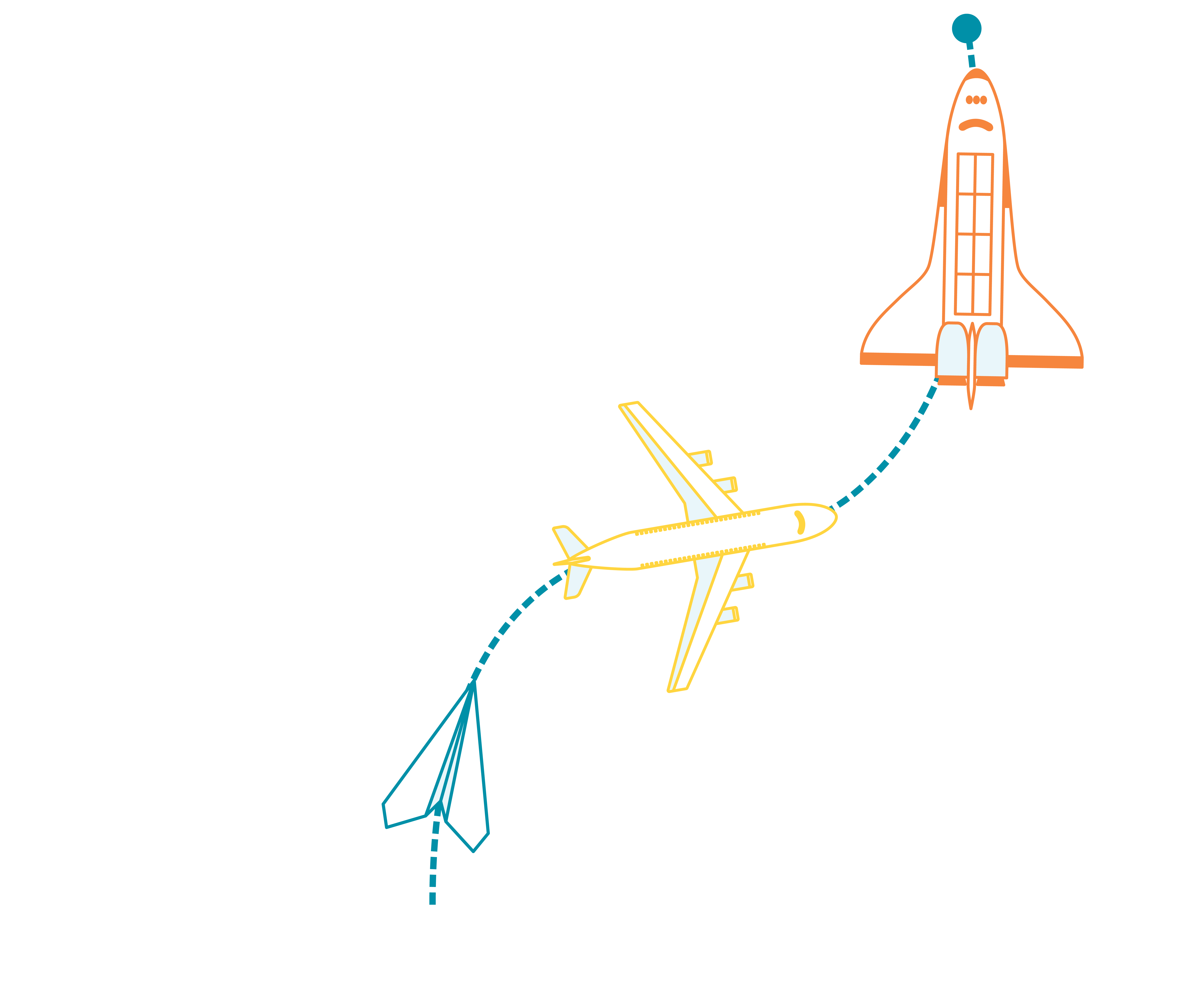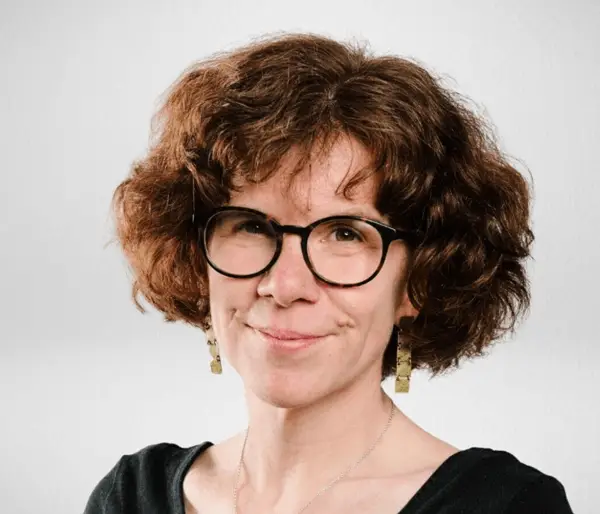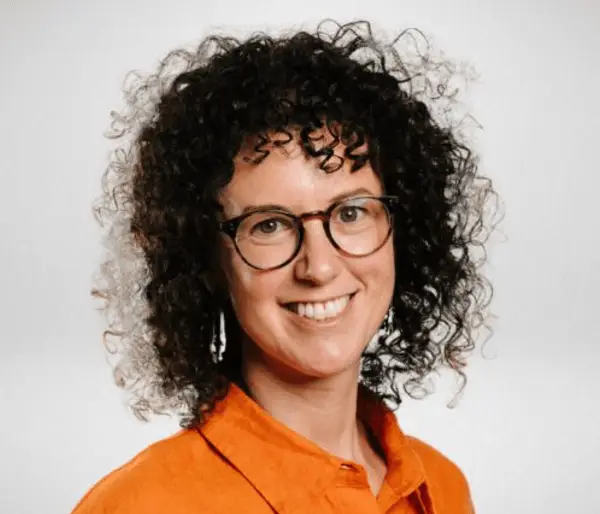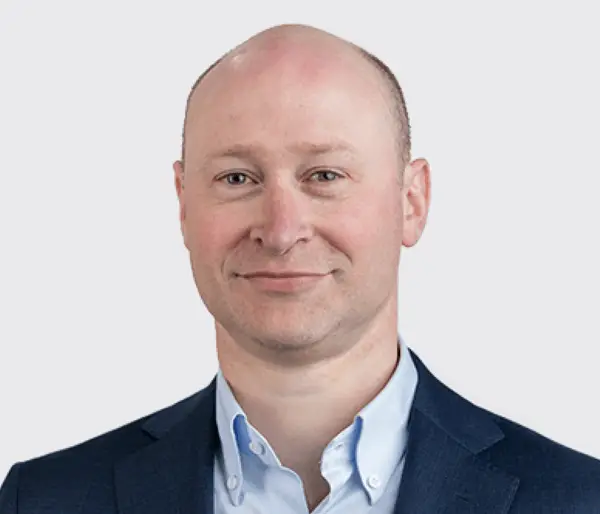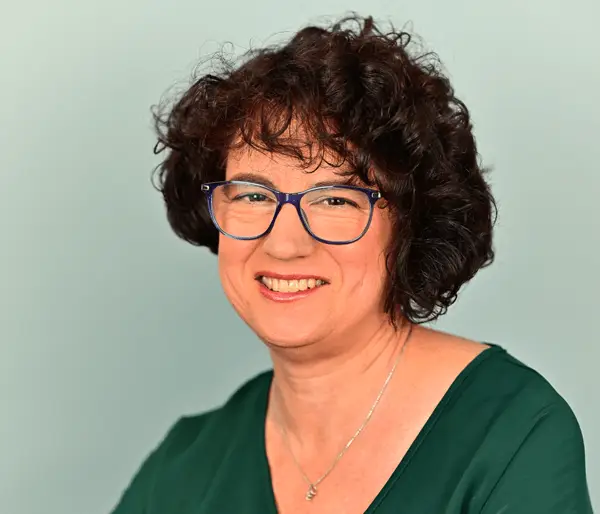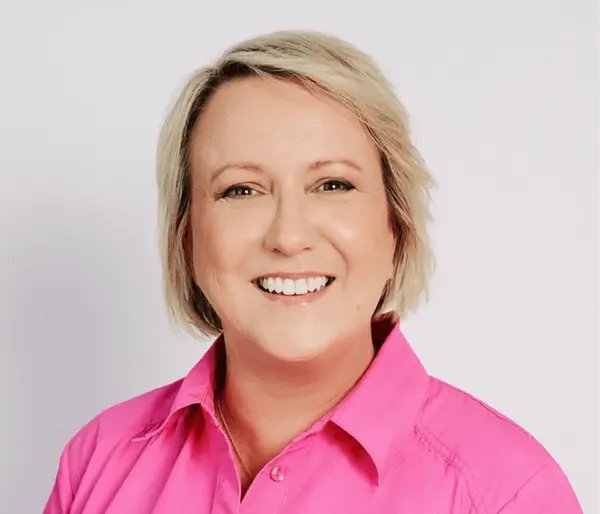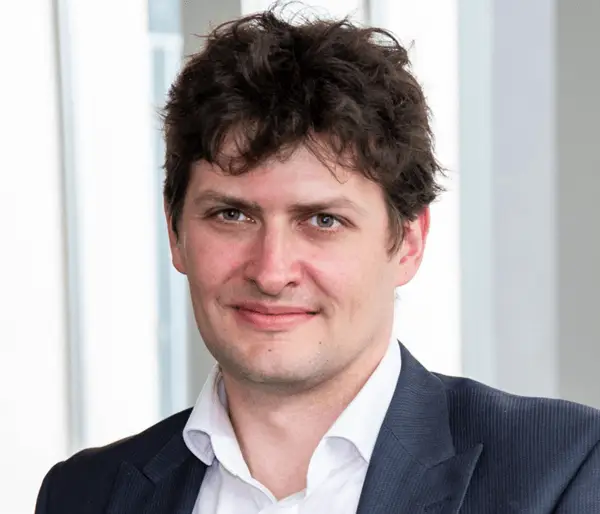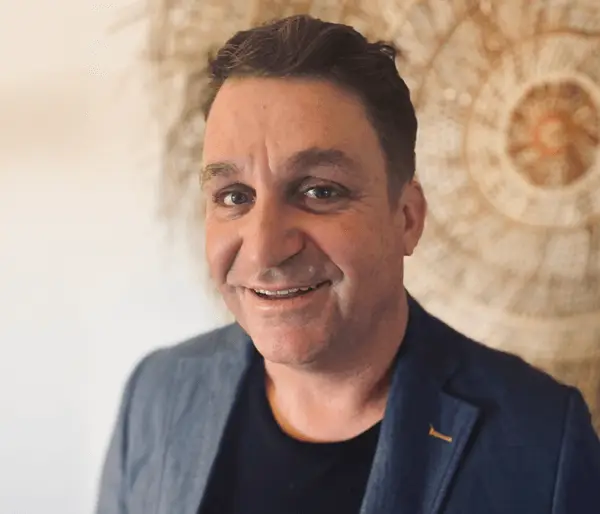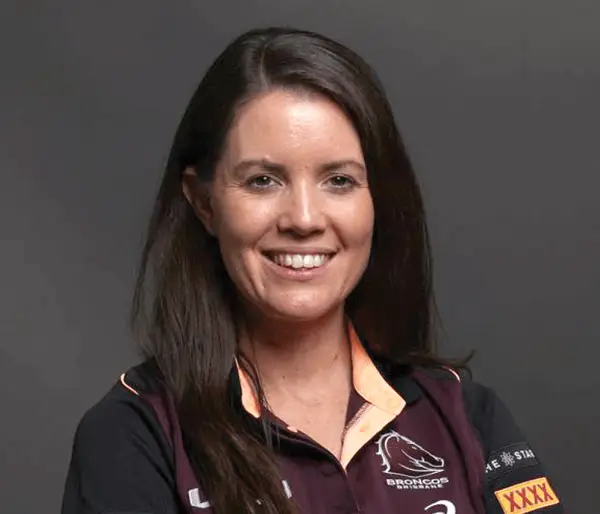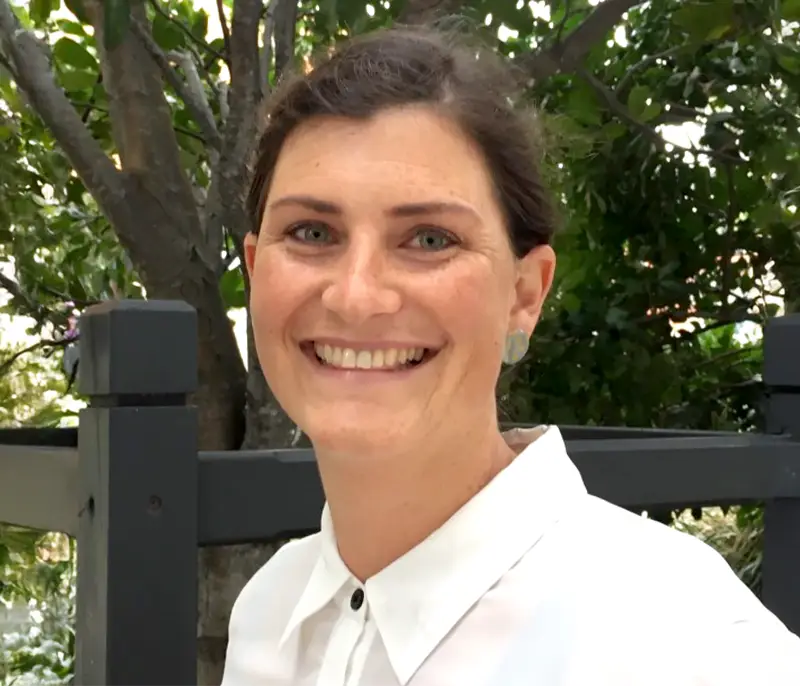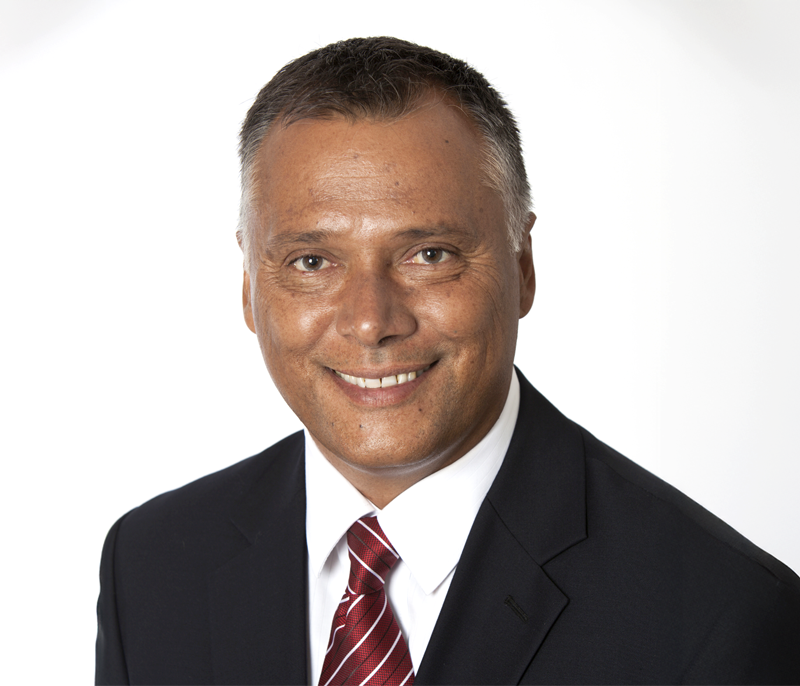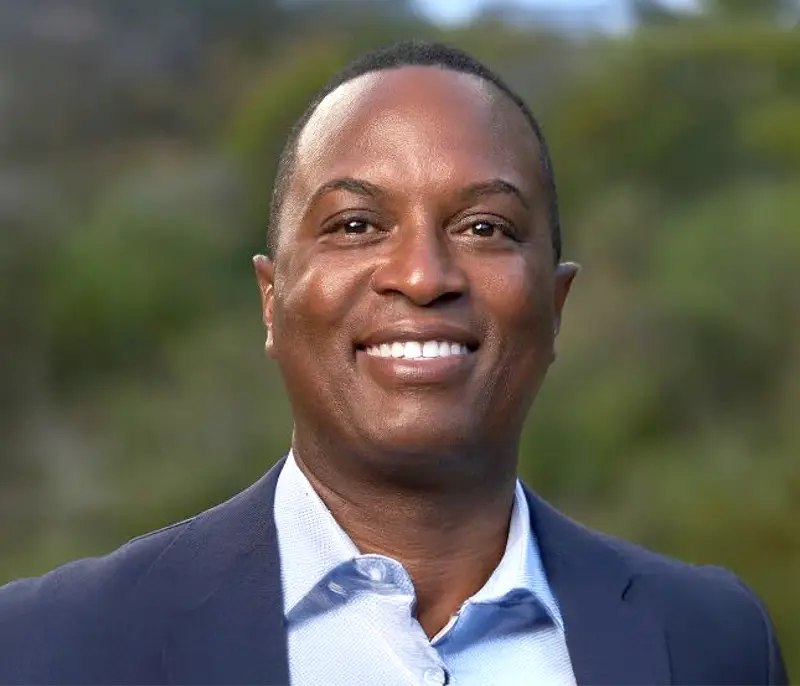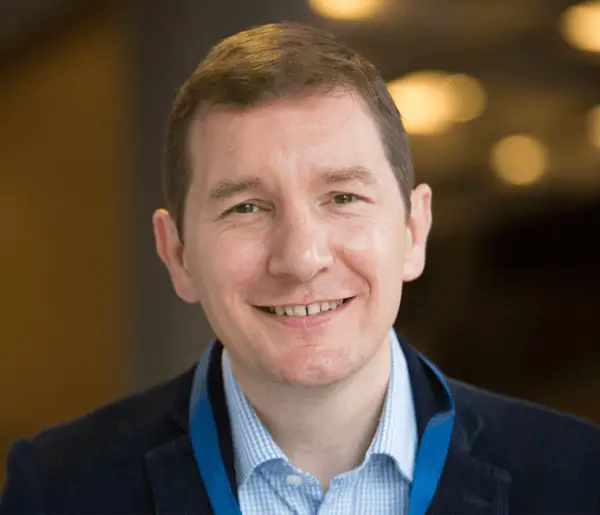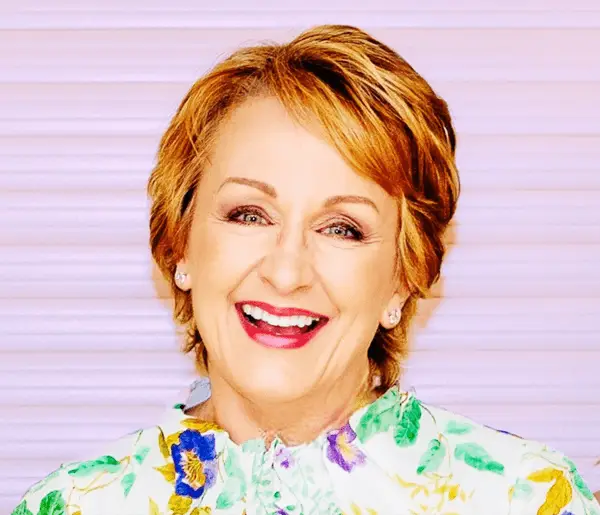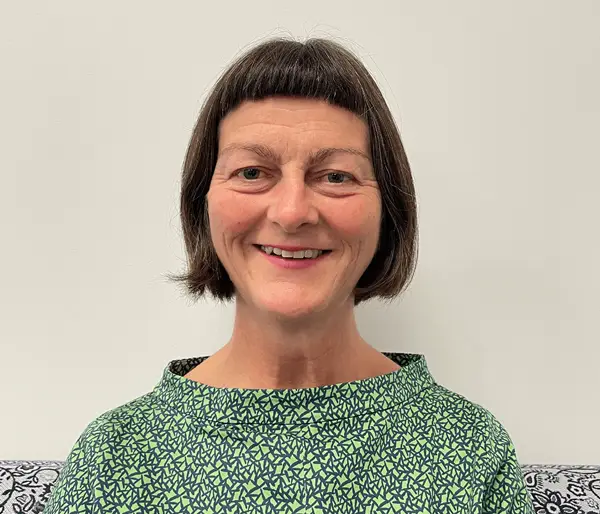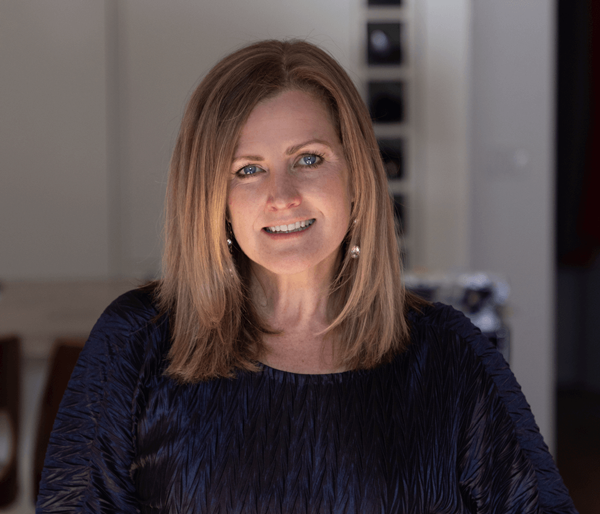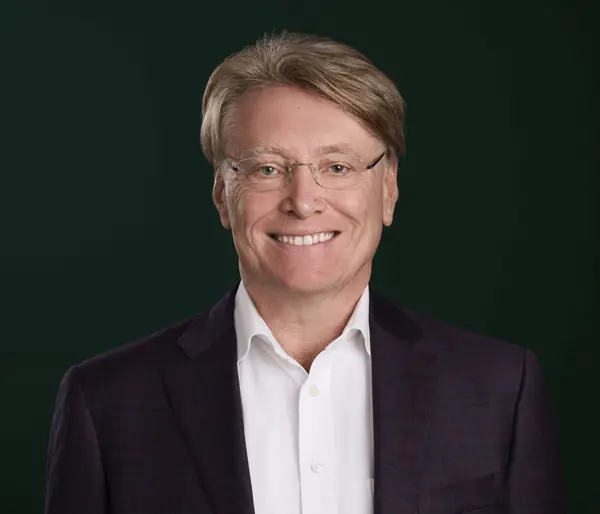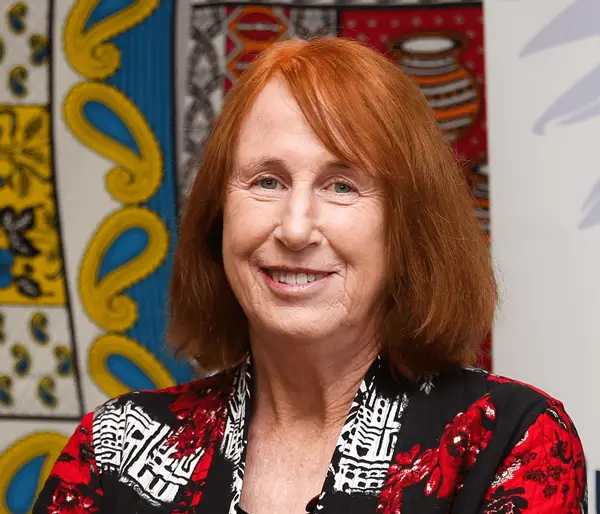HIDDEN
INEQUITIES
IN PLAIN
SIGHT
We often view human history as a series of triumphs— longer lives, revolutionary inventions, and powerful civilisations. But beneath these advances, hidden inequities in plain sight have continued to shape who benefits and who is left behind.
While some thrive, others face barriers to opportunity and resources, ultimately holding back collective progress and limiting potential for everyone.
As we explore the past and present, consider these questions…Is our progress truly for all, or is it an illusion that hides deepening divides?
AUGMENT
YOUR REALITY
As you explore this web experience, keep your eye out for for these symbols. Use your mobile phone to reveal hidden stories.

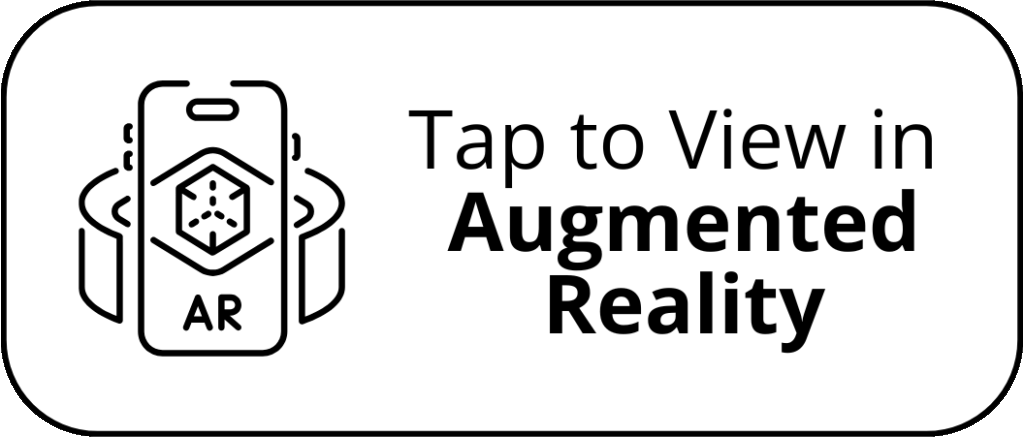

HIDDEN INEQUITIES
IN PLAIN SIGHT

We often view human history as a series of triumphs— longer lives, revolutionary inventions, and powerful civilisations. But beneath these advances, hidden inequities in plain sight have continued to shape who benefits and who is left behind.
While some thrive, others face barriers to opportunity and resources, ultimately holding back collective progress and limiting potential for everyone.
As we explore the past and present, consider these questions…
Is our progress truly for all, or is it an illusion that hides deepening divides?
AUGMENT
YOUR REALITY
As you explore this web
experience, keep your eye
out for for these symbols.
Use your mobile phone to
reveal hidden stories.
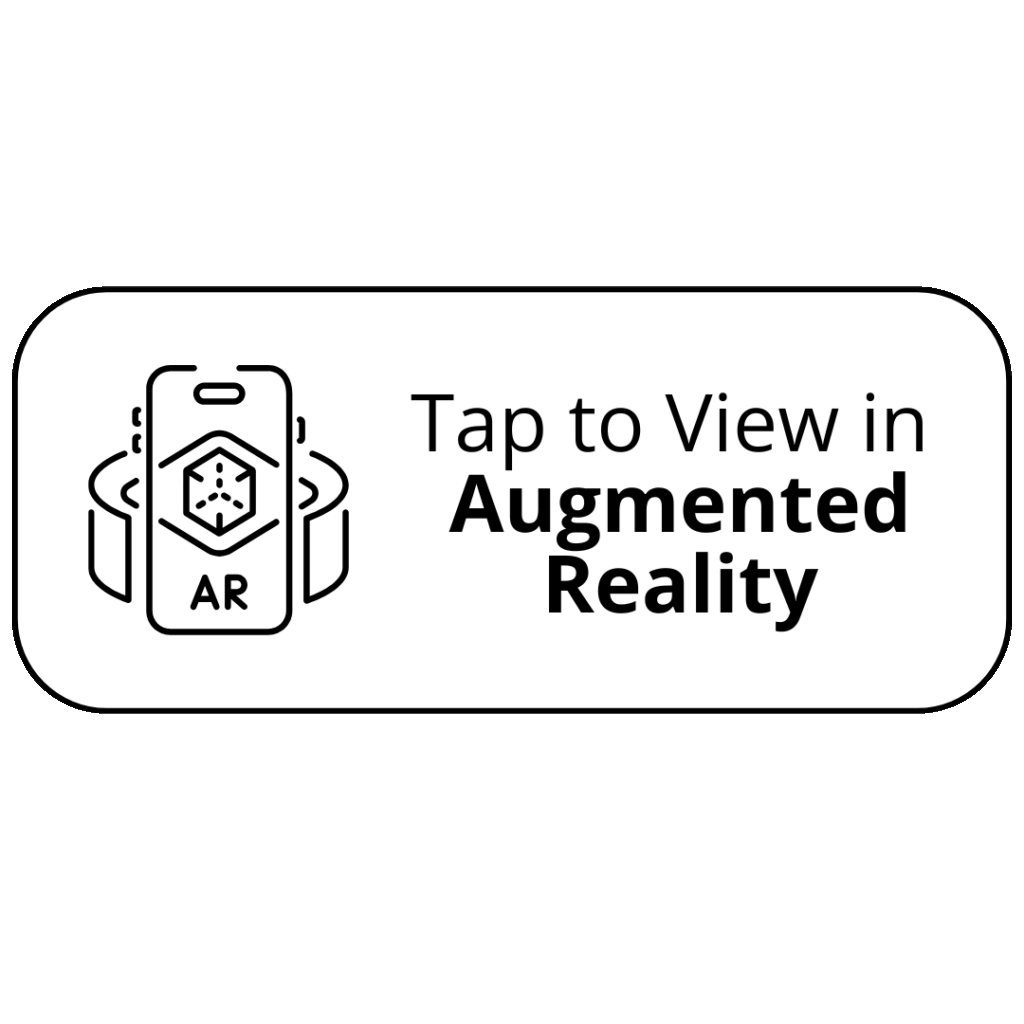


WHAT DOES
OUR HISTORY
NOT TELL US?
WHAT DOES OUR
HISTORY NOT TELL US?

NEOLITHIC REVOLUTION
c. 10,000-3,000 BCE
7,000 years
Agriculture and Permanent Settlements
The Neolithic Revolution was a turning point in human history for many civilisations. Farming allowed communities to settle, grow, and prosper. Tools and pottery revolutionised daily life, while the domestication of animals provided stable food supplies.
This era laid the foundation for future progress, enabling human societies to flourish and expand.
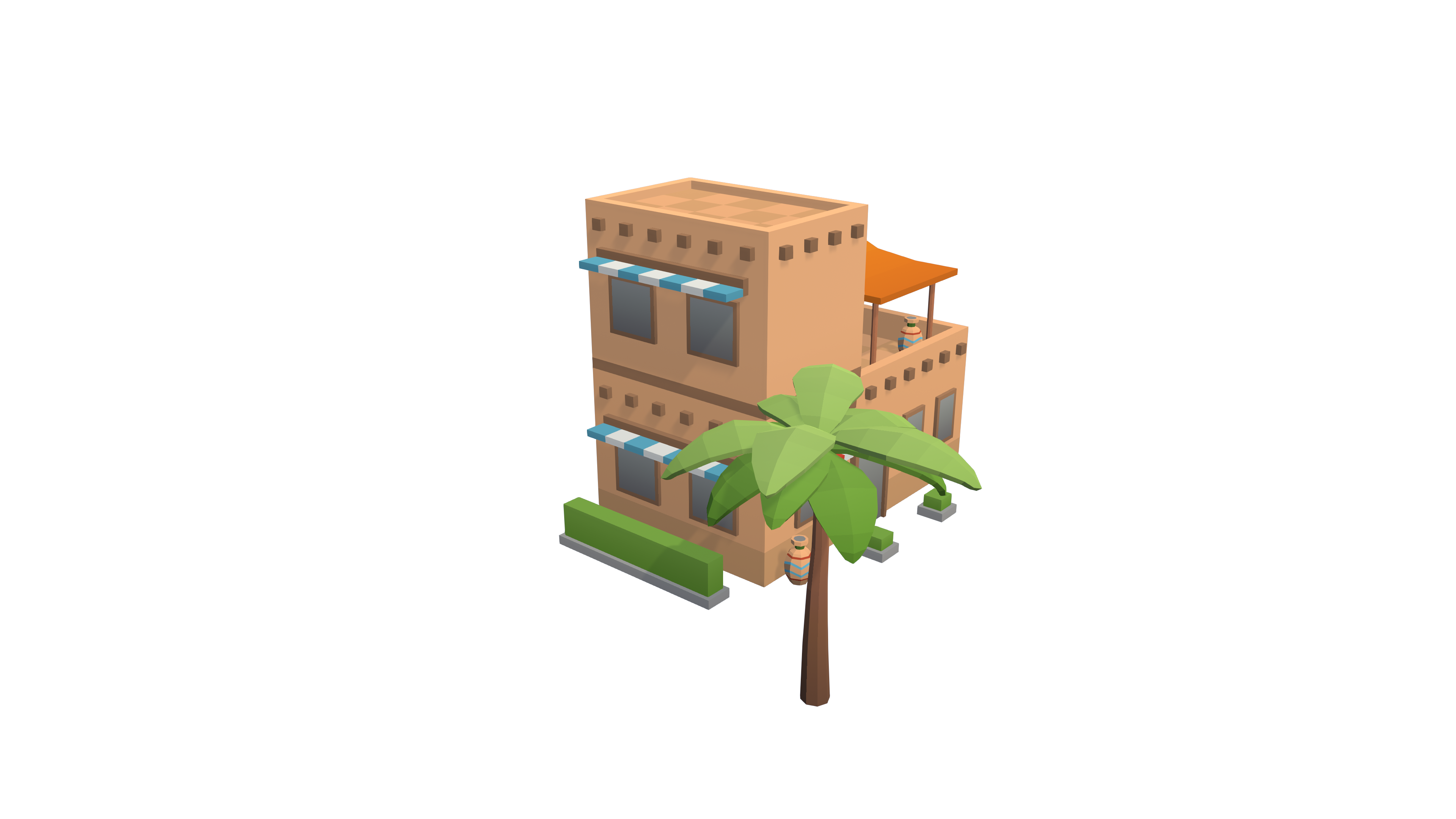
CLASSICAL
AGE
c. 500 BCE – 500 CE
1,000 years
Empires, Knowledge and Philosophy
The Classical Age saw the rise of powerful empires like Greece, Rome, China, and India. These civilisations advanced in philosophy, science, and infrastructure.
Public works like aqueducts in Rome and road systems in China improved living conditions and trade.
Education became more formalised, especially for elites, shaping the future of governance, culture, and leadership.

INDUSTRIAL REVOLUTION
I750 – 1914
164 years
Power of Industry and Innovation
The Industrial Revolution transformed economies with technological innovations like steam engines and mechanised factories.
Cities expanded, and advances in infrastructure, public health, and education improved living standards for millions.
This period of rapid growth and progress laid the groundwork for the modern world we know today, where technology continues to push the boundaries of what is possible.
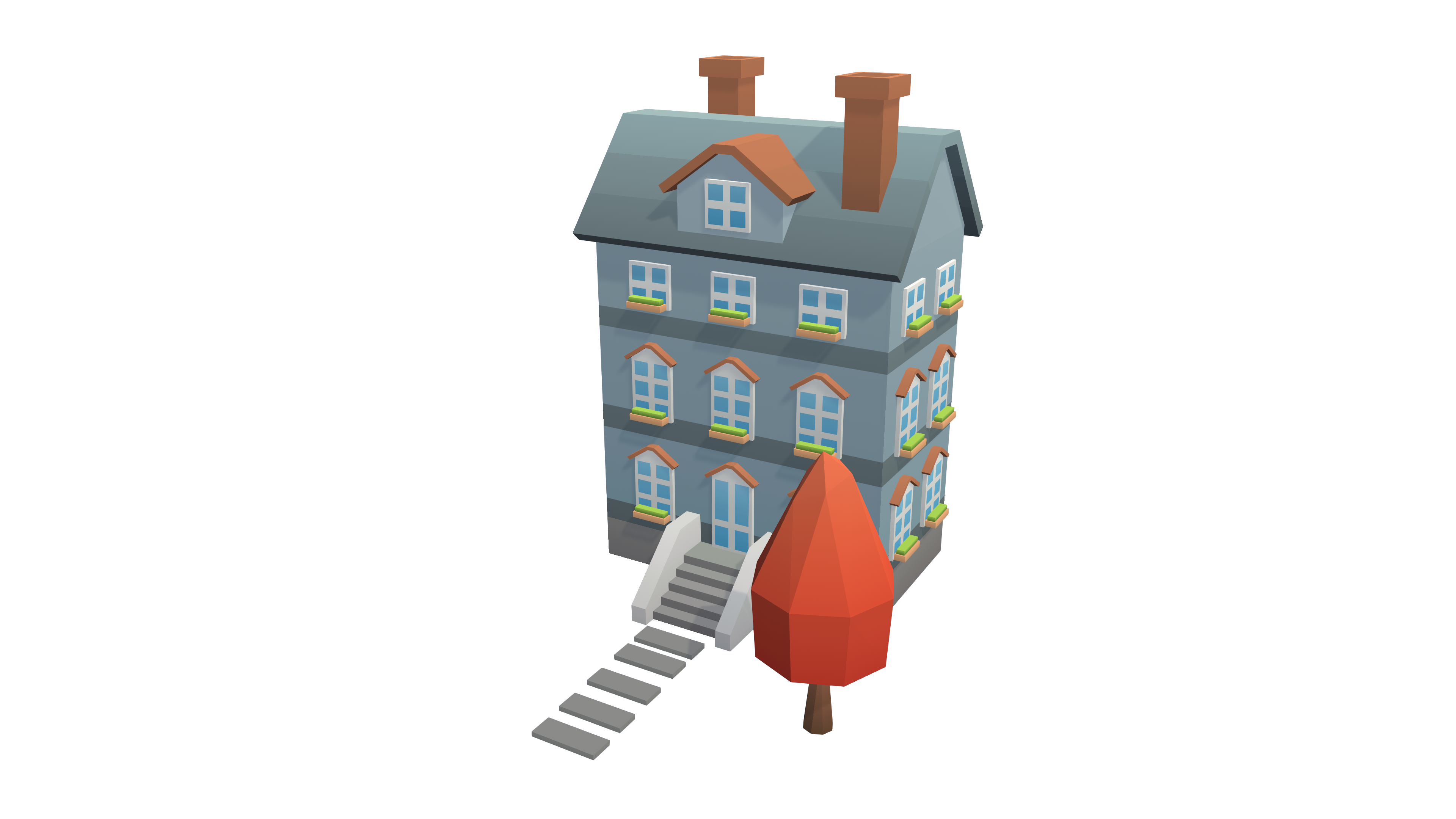
MODERN
ERA
1914-2024
110 years
Public Health, Technology, and Human Rights
The Modern Era brought remarkable advances in medicine and a digital revolution that has transformed industries.
Life expectancy has soared as vaccines, antibiotics, and modern healthcare systems have improved our ability to fight disease.
Social movements achieved progress in civil rights and gender equality, while education became more accessible worldwide.

NEXT 50
YEARS
2024-2074
50 years
Sustainability and the Next Frontier
The future holds great promise for advancements in AI, healthcare, and renewable energy.
Technology may make education more accessible to underserved populations, bridging gaps in access to knowledge.
Climate change solutions could integrate First Nations knowledge, offering sustainable ways to manage ecosystems and safeguard the environment for future generations.
THE GREAT
DIVIDE
Across history, population growth has been accompanied by widening gaps in life expectancy and financial wealth between advantaged and disadvantaged groups.
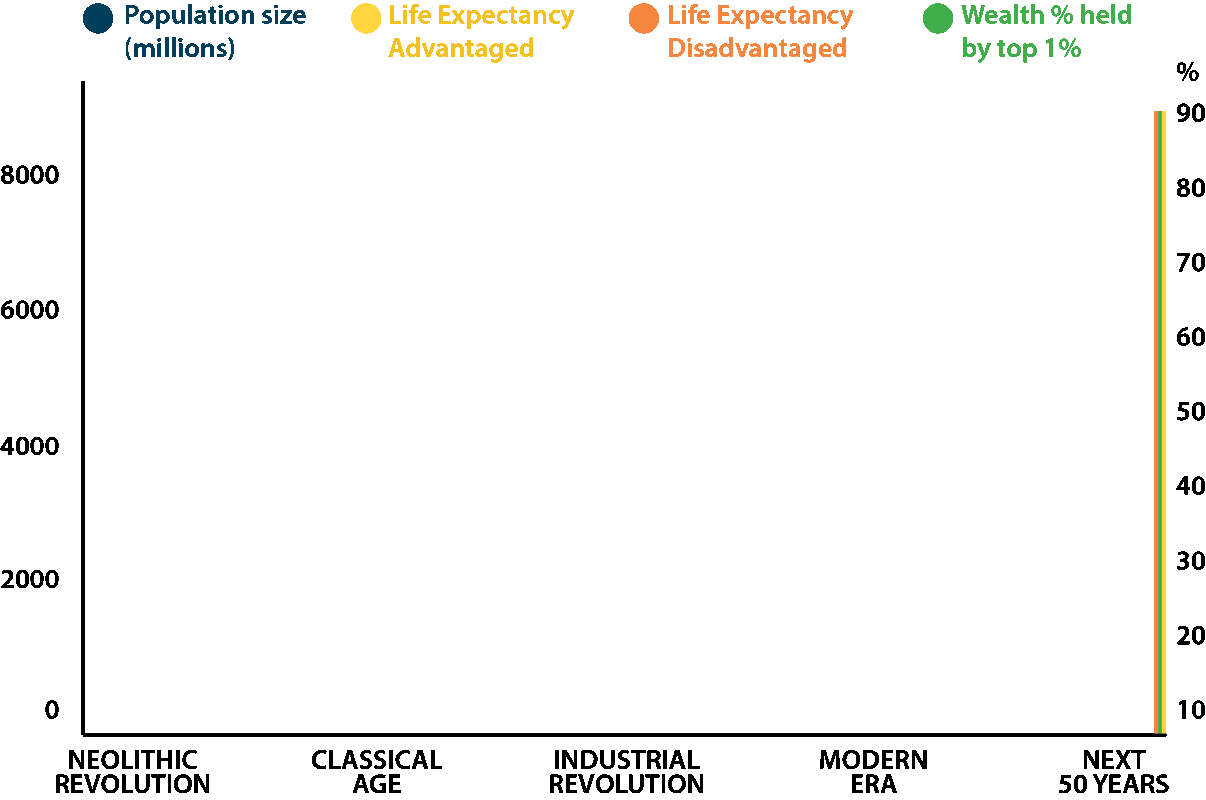
there's no
WINNING
SIDE
Inequity doesn’t just impact people with fewer resources — it limits the potential for society as a whole to thrive. Gaps in health, wealth, and opportunity create instability, erode trust, and weaken communities.
These disparities aren’t only about wealth. Your place in the social hierarchy directly affects your health, life expectancy, and overall wellbeing. When only a few prosper, everyone faces the consequences. True progress requires that everyone has the opportunity to flourish.
WEALTH INEQUALITY
Will new generations be able to thrive with rising housing costs, stagnant wages, and increasing student debt?
HEALTH AND WELLBEING
Do we accept that simply where you are born can determine how long you live?
CLIMATE CHANGE
How will we adapt and protect our communities from the inevitable impacts of climate change?
there's no
winning side
Inequity doesn’t just impact people with fewer resources — it limits the potential for society as a whole to thrive. Gaps in health, wealth, and opportunity create instability, erode trust, and weaken communities.
These disparities aren’t only about wealth. Your place in the social hierarchy directly affects your health, life expectancy, and overall wellbeing. When only a few prosper, everyone faces the consequences. True progress requires that everyone has the opportunity to flourish.
WEALTH INEQUALITY
Will new generations be able to thrive with rising housing costs, stagnant wages, and increasing student debt?
HEALTH AND WELLBEING
Do we accept that simply where you are born can determine how long you live?
CLIMATE CHANGE
How will we adapt and protect our communities from the inevitable impacts of climate change?
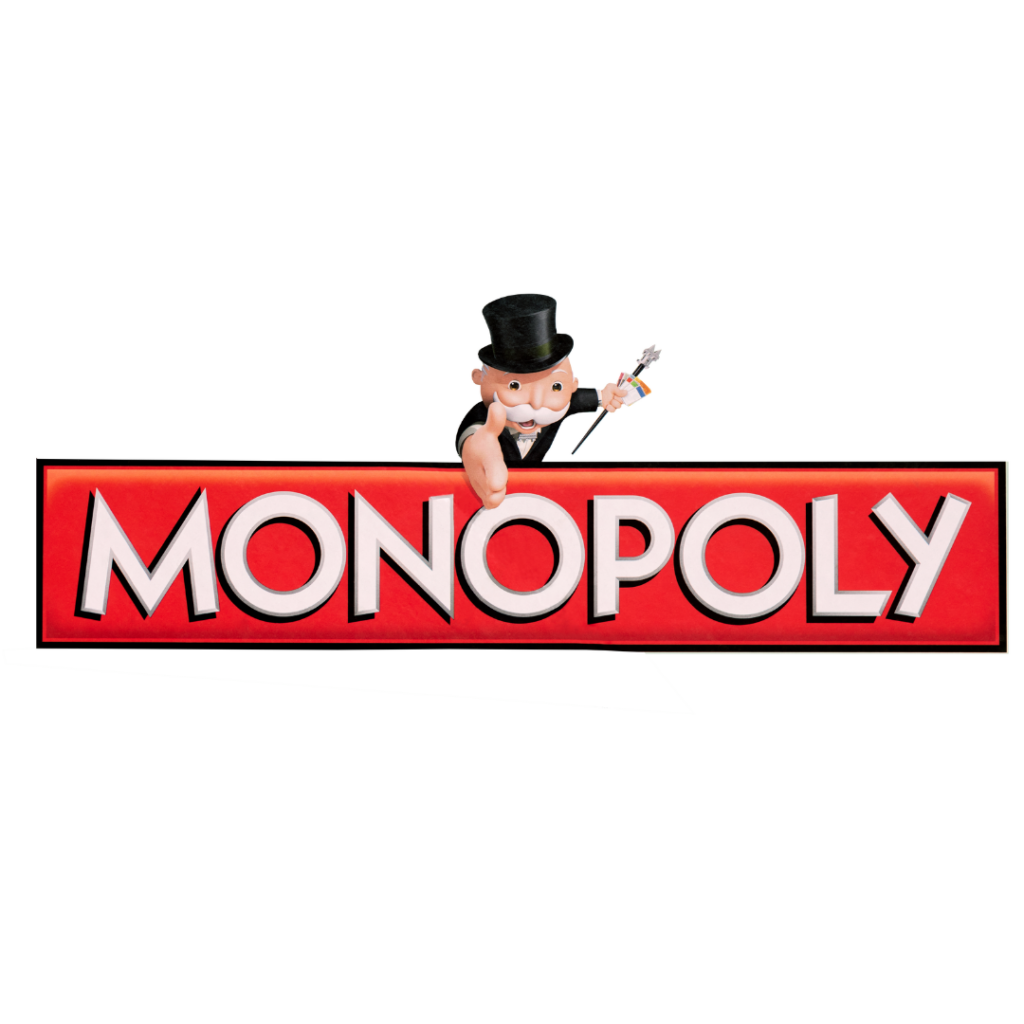
A GAME OF
STRATEGY,
WEALTH,
AND
POWER
For generations, Monopoly has been one of the world’s most popular board games. It teaches players how to accumulate property, build wealth, and bankrupt their opponents.
But was that always the goal of the game? What if Monopoly was originally designed to teach a very different lesson—about inequity and cooperation?
As we’ve seen, history is shaped by who holds power and how systems are structured. Uncover the ironic hidden history behind this household game and learn how it mirrors the real-world systems that shape who wins and who loses in society today.

A GAME OF STRATEGY,
WEALTH, AND POWER
For generations, Monopoly has been one of the world’s most popular board games. It teaches players how to accumulate property, build wealth, and bankrupt their opponents.
But was that always the goal of the game? What if Monopoly was originally designed to teach a very different lesson—about inequity and cooperation?
As we’ve seen, history is shaped by who holds power and how systems are structured. Uncover the ironic hidden history behind this household game and learn how it mirrors the real-world systems that shape who wins and who loses in society today.

As in Monopoly, systems often shape who wins and who loses —both in games and in society. The United Nations Sustainable Development Goals (SDGs) offer a blueprint for changing those systems, aiming to build a fairer, more sustainable world.
From healthcare and education to poverty reduction and climate action, these 17 goals represent the global community’s commitment to reducing inequities and improving the wellbeing of all people. But progress toward these goals varies widely across countries. Some nations, with robust social safety nets and integrated policies, have made strides in closing gaps in health, education, and opportunity. Others, with market-driven economies and limited welfare systems, struggle to keep up.



As in Monopoly, systems often shape who wins and who loses —both in games and in society. The United Nations Sustainable Development Goals (SDGs) offer a blueprint for changing those systems, aiming to build a fairer, more sustainable world.
From healthcare and education to poverty reduction and climate action, these 17 goals represent the global community’s commitment to reducing inequities and improving the wellbeing of all people. But progress toward these goals varies widely across countries. Some nations, with robust social safety nets and integrated policies, have made strides in closing gaps in health, education, and opportunity. Others, with market-driven economies and limited welfare systems, struggle to keep up.
GLOBAL
TRENDS IN
TACKLING
THE SDGs
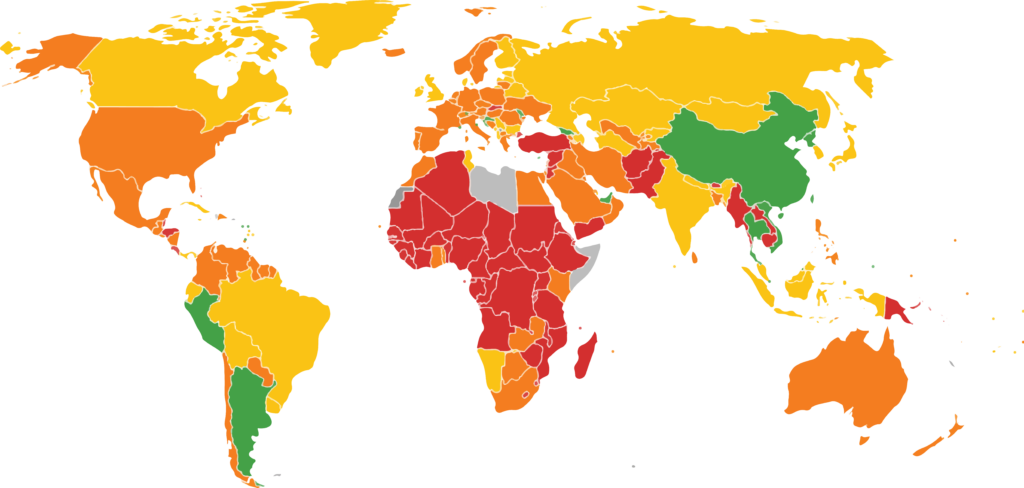
While global commitment to the SDGs remains strong, only 17% of the targets are on track to be met by 2030. Many countries, particularly those with strong welfare systems, are seeing progress in areas like poverty reduction and gender equality.
However, 84% of the goals show either limited progress or reversal, particularly in areas like climate action, sustainable cities, and life below water. Key barriers include inadequate funding, poor infrastructure, and lack of integration across systems.
These trends highlight the need for coordinated efforts across sectors to achieve lasting change.

GLOBAL TRENDS IN
TACKLING THE SDGs

While global commitment to the SDGs remains strong, only 17% of the targets are on track to be met by 2030. Many countries, particularly those with strong welfare systems, are seeing progress in areas like poverty reduction and gender equality.
However, 84% of the goals show either limited progress or reversal, particularly in areas like climate action, sustainable cities, and life below water. Key barriers include inadequate funding, poor infrastructure, and lack of integration across systems.
These trends highlight the need for coordinated efforts across sectors to achieve lasting change.

FROM GLOBAL GOALS TO PERSONAL REALITIES:
HOW SYSTEMS SHAPE US
When we look at the big picture—how countries measure up, how systems are designed—we see both successes and failures. But it’s in the small, personal moments that these systems reveal their everyday impact. Our lives are shaped not just by who we are, but by the structures and values that surround us—how we set or accept social norms, how we create pathways for people to thrive, even how we care for the natural environment. These systems can make some feel invisible, while others feel too visible.
Everyday experiences remind us that when the world
isn’t designed with everyone in mind, we are, in fact,
letting everyone down.
FROM GLOBAL GOALS TO PERSONAL REALITIES:
HOW
SYSTEMS
SHAPE US
When we look at the big picture—how countries measure up, how systems are designed—we see both successes and failures. But it’s in the small, personal moments that these systems reveal their everyday impact.
Our lives are shaped not just by who we are, but by the structures and values that surround us—how we set or accept social norms, how we create pathways for people to thrive, even how we care for the natural environment. These systems can make some feel invisible, while others feel too visible.
Everyday experiences remind us that when the world isn’t designed with everyone in mind, we are, in fact, letting everyone down.



INEQUITY:
HARDER THAN
ROCKET SCIENCE?
Rocket science operates in a complicated environment, where problems can often be solved by breaking them down into parts using a linear approach. But inequity is different. It exists within a complex, dynamic system — much like the ecosystem we introduced cane toads into!
Leaders of the 1930s couldn’t have predicted today’s space tourism, nor the catastrophic consequences of what seemed a simple solution to Australia’s cane beetle problem.
Turns out rocket science wasn’t so hard after all, but inequity?
It’s much more toad-like.
INEQUITY:
HARDER
THAN
ROCKET
SCIENCE?
Rocket science operates in a complicated environment, where problems can often be solved by breaking them down into parts using a linear approach. But inequity is different. It exists within a complex, dynamic system — much like the ecosystem we introduced cane toads into!
Leaders of the 1930s couldn’t have predicted today’s space tourism, nor the catastrophic consequences of what seemed a simple solution to Australia’s cane beetle problem.
Turns out rocket science wasn’t so hard after all, but inequity?
It’s much more toad-like.
ADVANCING EQUITY: COMPLEX BUT
ACHIEVABLE
Just because something is complex and dynamic, doesn’t mean we’re powerless. It just means we need to think and act differently.
We can’t apply linear, one-size-fits-all solutions to problems like inequity. Instead, we need flexible, adaptive approaches that evolve with the challenges we face.
The progress made by countries like Finland, Sweden, and Denmark, as seen in the SDG Index, shows us that this complex challenge can be addressed. These nations have achieved success by tackling multiple SDGs at once, demonstrating that interconnected, systems-based solutions are not only necessary but possible.
ADVANCING
EQUITY:
COMPLEX BUT
ACHIEVABLE
HEAD
HEART
HANDS
To make real progress towards advancing equity, the head, heart, hand framework may provide a practical approach.
This is a call to action.
What can you do to contribute to creating a fairer future?
Advancing equity takes togetherness. Across the system, between sectors, individually and collectively Where it goes and what shape it takes is up to us all.
Together, we can transform communities.
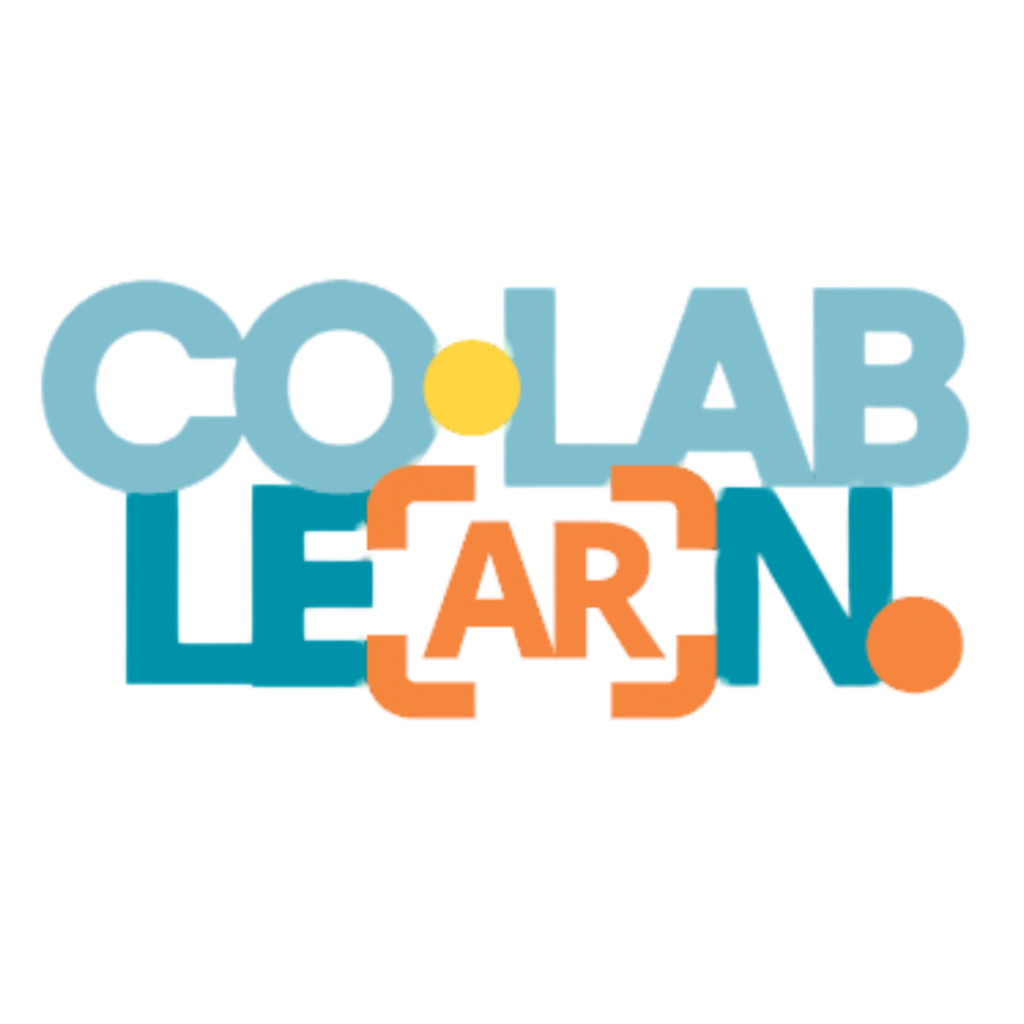
We hope you’ve enjoyed this AR experience.
HEAD
HEART
HANDS
To make real progress towards advancing equity, the head, heart, hand framework may provide a practical approach.
This is a call to action.
What can you do to contribute to creating a fairer future?
Advancing equity takes togetherness. Across the system, between sectors, individually and collectively Where it goes and what shape it takes is up to us all.
Together, we can transform communities.

We hope you’ve enjoyed this AR experience.
